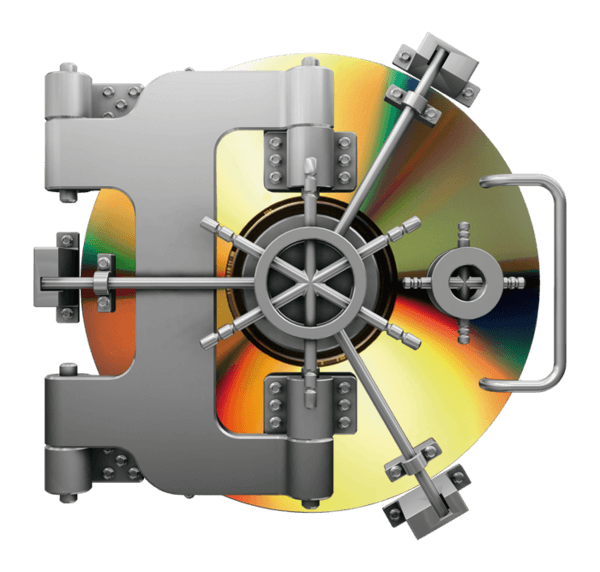The "Principles for the orderly management and storage of books, records and documents in electronic form and for data access", GoBD for short, essentially describe the requirements for corporate IT and in particular the handling of electronic documents relevant to accounting.
From January 1, 2017, all documents of electronic cash register, merchandise management or document management systems must be stored in an archive that has the same qualitative and quantitative evaluation options as the productive system. A tape solution (Tape) without direct file access, which is often wrongly praised as an archive, is accordingly inadmissible.
In order to ensure unchangeability, unchangeable data carriers (WORM media) must therefore be used. On the software side, backups, locks, fixations and automatic logging must be integrated, flanked by access restrictions on the part of the company organization. Storing data in the POS system itself is therefore not enough, reports IT Business in an article published on September 16.
INCOM has always recommended storing archive data in durable and energy-efficient nearline or offline archives on optical media, which per se fulfill the GoBD requirements for the media. With entry-level solutions, such as the StorEasy® WORM Appliance or, to a larger extent, with the HIT-Storage archive systems, almost all storage requirements and access speeds can be scaled - always with maximum data security.
The GoBD can be read in full on the website of the Federal Ministry of Finance (BMF).
